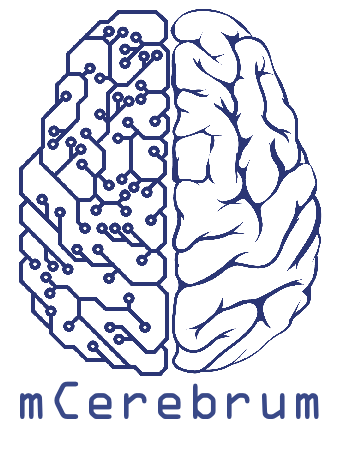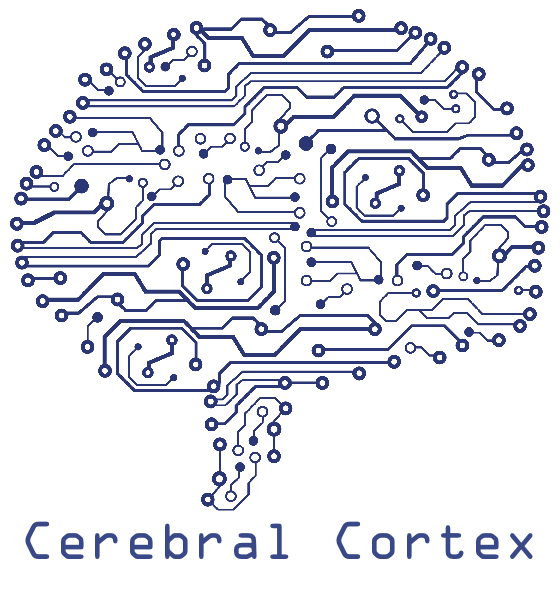Software platforms built by the the Center of Excellence for Mobile Sensor Data-to-Knowledge (MD2K) are being used in scientific field studies in 11 states to develop and validate new biomarkers for monitoring and improving health, wellness, and productivity. The mobile sensor data collected are expected to produce new markers for management of congestive heart failure, smoking cessation, regulation of overeating, oral health management, workplace performance monitoring, and behavior change. These studies are expected to enroll 2,000+ participants, collect 100,000+ person-days of high-frequency sensor data, and produce over 4.7 trillion data points.
 Key to the development and validation of new sensor-based markers is the ability to collect, analyze, and store high-frequency mobile sensor data with associated labels in field environments. The MD2K team demonstrated, at two high-profile international venues, that its mCerebrum platform for smartphones can collect streaming sensor data concurrently from dozens of wearable sensors at rates exceeding 9,000 samples per second. Compared with other, similar platforms, mCerebrum supports data rates that are 1.5 times higher and storage throughput that is 4.3 times higher, yet has a CPU usage rate that is 8.4 times lower in order to conserve a smartphone’s battery life.
Key to the development and validation of new sensor-based markers is the ability to collect, analyze, and store high-frequency mobile sensor data with associated labels in field environments. The MD2K team demonstrated, at two high-profile international venues, that its mCerebrum platform for smartphones can collect streaming sensor data concurrently from dozens of wearable sensors at rates exceeding 9,000 samples per second. Compared with other, similar platforms, mCerebrum supports data rates that are 1.5 times higher and storage throughput that is 4.3 times higher, yet has a CPU usage rate that is 8.4 times lower in order to conserve a smartphone’s battery life.
Sensors stream data continuously to mCerebrum, which monitors the data quality and prompts participants to adjust the sensor placements to maximize data yield. The sensor data are then processed in real-time using signal processing and machine learning algorithms to infer markers of health, behavior, and context, which then can be used to trigger self-report prompts or just-in-time interventions. Built-in privacy controls allow participants to dynamically turn off sensor data collection or interruptions at times of their choosing.
 All data collected by mCerebrum (including raw sensor data) can be uploaded to the Cerebral Cortex cloud, where study coordinators remotely monitor data yields, participant compliance, and sensor functioning. Currently, Cerebral Cortex is capable of receiving over 250 gigabytes of sensor data every day from hundreds of participants in 11 states who are using mCerebrum on their personal phones to collect sensor data in field studies and can easily scale to support additional participants.
All data collected by mCerebrum (including raw sensor data) can be uploaded to the Cerebral Cortex cloud, where study coordinators remotely monitor data yields, participant compliance, and sensor functioning. Currently, Cerebral Cortex is capable of receiving over 250 gigabytes of sensor data every day from hundreds of participants in 11 states who are using mCerebrum on their personal phones to collect sensor data in field studies and can easily scale to support additional participants.
A 12,000-plus word, 14-page, paper describing mCerebrum was presented to an international audience of sensor experts at the 15th ACM Conference on Embedded Networked Sensor Systems (SenSys ’17) held Nov. 5-8 in Delft, The Netherlands.
Smartphones, with their embedded and wirelessly connected sensors, are driving a new wave of health research, the researchers noted in the paper, which was presented at SenSys by Timothy Hnat, Chief Software Architect for MD2K, headquartered at the University of Memphis.
Hnat said, “The mCerebrum and Cerebral Cortex platforms are enabling researchers to realize our vision of a digibank, similar to a biobank, where high-frequency raw sensor signals are archived and we expect them to be leveraged for the next 10-20 years as new algorithms to detect various markers are developed.”
The same week, the two platforms were demonstrated for medical informatics specialists attending the Annual Symposium of the American Medical Informatics Association, held Nov. 4-8 in Washington, D.C.
platforms are currently used in studies being conducted at Dartmouth College, Johns Hopkins University, the Moffitt Cancer Center, Northwestern University, The Ohio State University, Rice University, the University of California at Los Angeles, University of Minnesota (with participants in California, Minnesota, and New York), the University of Utah, and the University of Vermont.
A webinar about the mCerebrum platform is available here. To download the software, go to http://software.md2k.org.
Co-authors on the paper presented at SenSys were Syed Monowar Hossain, Timothy Hnat, Nazir Saleheen and Nusrat Jahan Nasrin, and Santosh Kumar, all of the University of Memphis, and Joseph Noor, Bo-Jhang Ho, Tyson Condie and Mani Srivastava, all of the University of California at Los Angeles.
Co-authors on the AMIA paper with Timothy Hnat, Syed Monowar Hossain, Nasir Ali (Memphis), Simona Carini and Ida Sim (University of California, San Francisco), Condie, Srivastava (UCLA), and Kumar (Memphis).
AMIA is a multidisciplinary organization with more than 5,400 members, and the annual symposium supports research and practice in several areas of informatics. The symposium featured more than 20 workshops before the conference and more than 100 panel discussions during the conference.
SenSys 2017, presented by the Association for Computing Machinery (ACM), is the leading conference on networked sensing systems. ACM is an international learned society for computing that was founded in 1947, and has more than 100,000 members.

